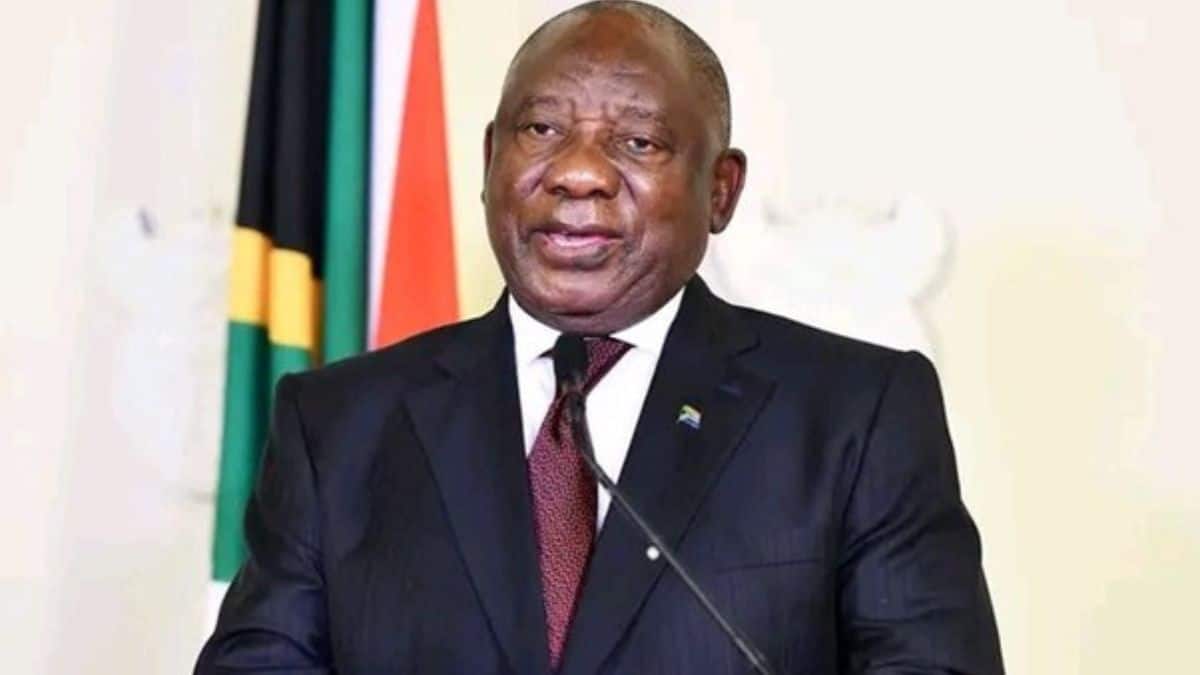On Monday night, President Cyril Ramaphosa announced a set of actions which will be taken to respond to South Africa’s energy crisis.
In an address, Ramaphosa likened the power crisis to the fight against Covid-19 and urged South Africans to do their bit by installing solar power, using electricity sparingly and avoiding illegal connections.
“The crisis that we are facing requires that we should take bold, courageous and decisive action to close the electricity gap. As government, we are announcing a number of interventions to overcome the immediate crisis,” Ramaphosa said.
The president announced five actions as well as “additional measures to achieve long-term energy security and end load shedding for good”.
The first action will be to improve the performance of Eskom’s existing fleet power stations by, among others:
- Seeing that Eskom increases its budget allocated for critical maintenance over the next 12 months.
- Recruiting skilled personnel, including former senior Eskom plant managers and engineers from the private sector.
- Buying surplus capacity from existing independent power producers.
- The utility will import power from neighbouring countries in southern Africa that have more electricity capacity than they require through the Southern African Power Pool arrangement.
- Eskom will use interim power solutions, such as mobile generators, to supplement current generation capacity for a limited period.
Second Ramaphosa said government intends to “accelerate the procurement of new generation capacity”, which would include:
- Ensuring that all projects form Bid Window 5 of renewable energy programme can start construction on schedule.
- Doubling the amount of new generation capacity procured through Bid Window 6 for wind and solar power from 2,600 MW to 5,200MW.
Third, Ramaphosa announced that government would “massively increase” private investment in generation capacity by:
- Removing the licensing threshold for embedded generation completely and tabling “special legislation in parliament on an expedited basis” to address the legal and regulatory obstacles to new generation capacity for a limited period.
- Establishing a single point of entry for all energy project application, to ensure the coordination of approval processes across the government.
Fourth, he said government would enable and incentivise businesses and households to invest in rooftop solar by:
- Seeing that Eskom develops rules and a pricing structure, known as a “feed-in tariff”, for all commercial and residential installations on its network that would enable homeowners and businesses to sell surplus power to Eskom.
Source: Fin24, The South African, Daily Maverick, ENCA, image from Twitter
